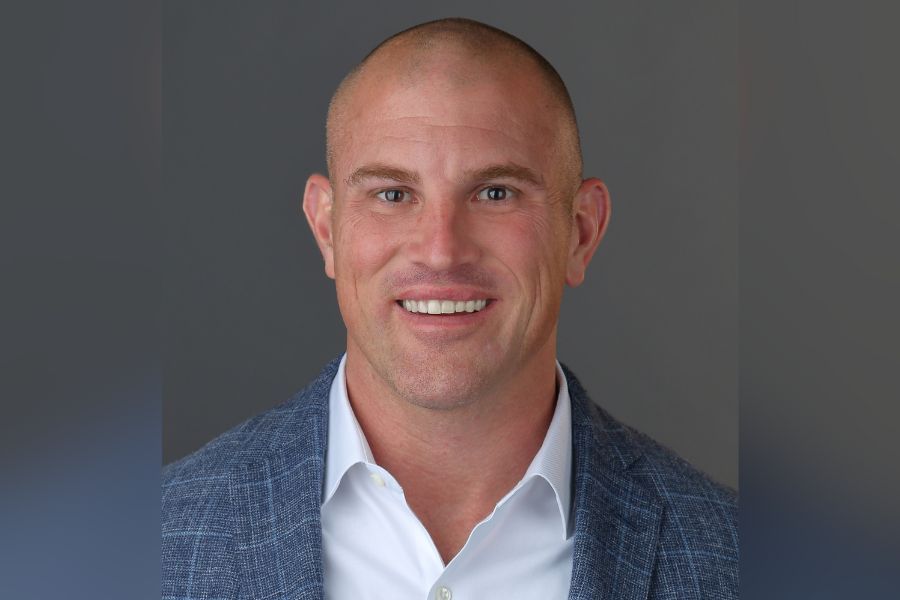Private-equity set does tax tango
Private-equity managers are bracing for higher taxes in 2013 and in the final weeks of this year are…
Private-equity managers are bracing for higher taxes in 2013 and in the final weeks of this year are refinancing investments, accelerating gains and shifting what they transfer to trusts.
Top earners face higher taxes on wages, investments and money transferred to heirs starting next year because of tax cuts set to expire and new taxes for high-income Americans from the health care law. Private-equity executives also may see taxes rise on their share of profits in buyout deals — known as carried interest — as Congress looks to raise revenue through an overhaul of the U.S. tax code.
“They’re economists first,” Sandy Presant, an attorney at Greenberg Traurig LLP, said of his clients who are private-equity managers. “They’re going to want to cash in by year-end.”
About 90% of clients already have used the generous exemption for nontaxable gifts, said David Wilfert, a wealth adviser in the group serving private-equity managers at JPMorgan Chase & Co.’s private bank.
“This client base has been ex- tremely focused on using their $5.12 million exemption,” said Mr. Wilfert, who is also a managing director.
Legislation enacted in 2010 raised the lifetime estate and gift tax exemptions for 2011 and this year. The opportunity for individuals to transfer as much as $5.12 million — or $10.24 million for married couples — free of estate taxes and gift taxes is set to expire Jan. 1. These exemptions would drop to $1 million per individual for 2013.
Congress returned to Washington last week with about a month remaining until the estate and gift tax rules expire.
Those taxes may be addressed as part of negotiations over the so-called fiscal cliff, or $607 billion in tax increases and federal spending cuts set to kick in automatically in January. Democrats and Republicans disagree on what to do to avert the tax and spending changes.
SKIRTING TAXES
Private-equity managers’ gifts to relatives typically include a low-valued “vertical slice” of their general-partner interest in a fund, which includes a piece of their carried interest, Mr. Wilfert said.
That way, if the investment does well, it appreciates in a trust free of estate and gift taxes.
Facing the risk of a shrinking exemption, clients are taking an opposite approach.
To reach that ceiling and place assets into trusts before Dec. 31, they are using cash, securities or real estate, Mr. Wilfert said.
One strategy is to set up so-called grantor trusts, said Hunter Payne, partner and general counsel at Harbour Capital Advisors LLC.
Such trusts often allow the creators to swap initial assets for ones of equal value later, such as investments in a family partnership that is funded with proportionate shares of private-equity-fund interests, he said.
This year’s presidential campaign focused attention on the taxation of private-equity managers such as Republican nominee Mitt Romney, the former chief executive of Bain Capital LLC, who built his wealth in the industry. His 2011 tax return showed that he paid a 14.1% federal tax rate on $13.7 million in income because much of his income was taxed at preferential rates.
CARRIED INTEREST
Carried interest is often taxed as capital gains. The top rate on long-term capital gains, now 15%, is lower than levies on ordinary income such as wages.
The rate is set to rise to 20% next year. High-earners will face an additional 3.8% tax on investment income as a result of the 2010 health care law.
Democrats such as Rep. Sander Levin of Michigan, the top member of his party on the House Ways and Means Committee, for five years have been seeking to tax carried interest as ordinary income. President Barack Obama’s most recent budget also proposes the change, which, according to the Joint Committee on Taxation, would raise $16.8 billion over the next decade.
Private-equity managers are preparing for changes in carried interest, said Jim Brown, a partner in the tax group at Willkie Farr & Gallagher LLP.
Some are considering whether to accelerate gains on accrued carried interest at current tax rates.
One way to do that is by transferring general-partner interests to an affiliate in a taxable transaction, Mr. Brown said.
“The idea of the strategy is to do something that accelerates the gain” on the general partner’s share of the underlying assets, he said.
Once that gain is recognized, whatever is left can be protected from the higher rates, Mr. Brown said.
The affiliate is usually set up as an S corporation or a non-U.S. firm based in a place such as the Cayman Islands so it isn’t subject to corporate-level U.S. tax, he said. Taxpayers should make sure to follow Internal Revenue Service rules when setting one up, Mr. Brown said.
Learn more about reprints and licensing for this article.








